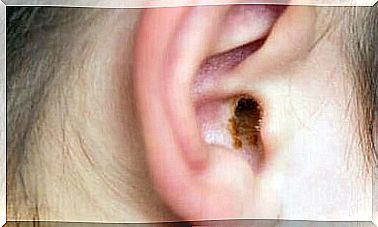Asthma Treatment: Inhalers And Medications

Asthma is a chronic respiratory disease and includes an inflammatory condition and contraction of the bronchi. This makes it harder for air to enter the lungs when a person inhales, and an inhaler is needed. It is important to start asthma treatment as soon as symptoms appear so that you do not feel unwell.
The swelling may be due to an allergic reaction to some stimuli. The bronchi may be more sensitive or too active to the external environment. This can happen due to colds, exercise, tobacco smoke and many other things. The bronchi can then close and prevent a person from breathing normally.
Although it is known what causes an asthma attack, experts still do not know what causes the disease itself. It is partly hereditary, as asthma is more common in those who have it in their family.
The patient may experience asymptomatic stages as well as episodes of asthma attacks. The most common symptoms include coughing, wheezing, sounds when breathing, and difficulty breathing even at rest. Other symptoms include mucus secretion and sneezing.
Once the doctor has identified the disease, the experts will draw up a treatment plan. There are two types of treatment:
- Lifestyle change : This is based on simple advice to prevent asthma attacks and main symptoms. For example, the patient should avoid environments where it is difficult to breathe.
- Use of inhalers to control symptoms.
What are inhalers?
In general, this word refers to the availability of one type of medication to treat asthma. These devices can be used to prevent or prevent an asthma attack.
Depending on the characteristics and situation of the patient, different types of inhalers may be used. Doctors talk about possible side effects, and they also check how effectively and for how long the inhalers work when tested.
Asthma treatment: various medications
The most common types of drugs are:
Anti-inflammatory
These work to reduce the potential for inflammation of the bronchial mucosa. Corticosteroids such as fluticasone, budesonide or beclomethasone dipropionate are commonly used.
Other recommendations are sodium cromoglycate and nedocromil sodium. At present, doses can be taken by inhalation or as medications orally. These keep asthma smooth and asymptomatic.
Bronchodilators
There are two different types in this category :
- Beta-2 agonists : These are usually recommended by doctors. They affect the muscles around the bronchi so that the airways relax quickly and function properly. They block a chemical compound called acetylcholine.
- Xanthines : These are also responsible for relaxing and dilating the bronchi, and thus improve blood circulation in that area. This allows the heart to function better and make breathing easier.

Antihistamines
This group of chemical compounds contains drugs that reduce sensitivity to allergens. They put an end to the body’s reactions to colds, tobacco smoke and many other similar factors, and thus control asthma symptoms.
Above all, antihistamines help with sneezing, itchy and bleeding eyes, and nasal problems.
Immunotherapy
This is a form of treatment for patients who are allergic to the factors that cause asthma symptoms. Usually, the doctor gives the allergen itself in very small amounts, and the patient’s body gets used to that agent, which then reduces the number of asthma attacks.
One of the most common drugs used in immunotherapy is omalizumab.
Leukotriene blockers
These drugs also work to fight inflammation in the airways, and thus control the symptoms of asthma.
Bronchial thermoplasty
This is a new technology that experts are currently experimenting with. It consists of the controlled use of heat in hyperactive areas to reduce inflammation due to external particles.
Always consult your doctor to find out which treatment plan is right for your situation if you have been diagnosed with asthma.









